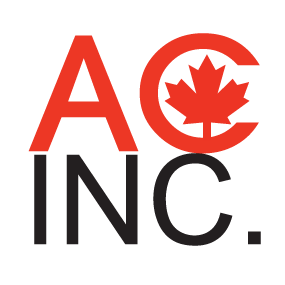The objective of the Family Class of immigration is to reunite close family members in Canada.
The Family Class allows Canadian citizens and permanent residents to sponsor their dependent children, parents and grandparents, and spouse or common-law/conjugal partner. Canada strongly supports keeping families together whenever possible. As such, the processing of Family Class applications is given the highest priority at Canadian Visa Offices.
The Spousal Sponsorship Category
The Spousal Sponsorship program is a subsection of the Family Class immigration category. Under this program, a Canadian citizen or permanent resident may sponsor a spouse or common-law partner for Canadian permanent residence.
Both the Canadian citizen or permanent resident (also called the ‘sponsor’) and the foreign national (the ‘sponsored person’) must be approved by Immigration, Refugees and Citizenship Canada (IRCC) in order for the sponsored person to receive a visa.
In order to receive a visa through this immigration program, the sponsor and sponsored person must prove that their relationship qualifies under one of three categories:
- Spouse
- Common-law Partner
- Conjugal Partner
NOTE: Canada recognizes same-sex marriage, and same-sex partners may be eligible to apply under any of the above three categories, provided they meet all eligibility requirements.
To learn more about eligibility requirements for the sponsor and sponsored person, click here.
Outland Sponsorship
An Outland application is generally pursued when the sponsored partner is living outside of Canada. However, Outland applicants can still be in Canada and apply through the Outland program, and may be permitted to travel in and out of Canada throughout the application process. Outland applications are processed through the visa office that serves the applicant’s country of origin, or where they have resided legally for at least one year.
To learn more about Outland sponsorship, contact us
Inland Sponsorship
The other potential option for Spousal/Common-Law Sponsorship is the Inland route. Inland sponsorship is when the couple is together in Canada and the foreign spouse/common-law partner has temporary status in Canada, either as a worker, student, or visitor. The person being sponsored may be eligible for an Open Work Permit, allowing him or her to work for any employer in Canada while the sponsorship application is being processed.
To learn more about Inland sponsorship, contact us
After Sponsorship
Permanent residence granted under the Spousal Sponsorship program carries certain conditions that must be met:
- The sponsor is financially responsible for the person sponsored for three years after the sponsored person becomes a permanent resident.
- Individuals who come to Canada as spouses are themselves barred from sponsoring a spouse in turn for five years after receiving Canadian permanent residence.


